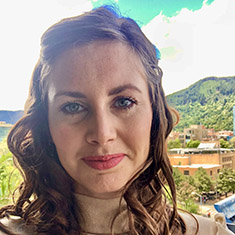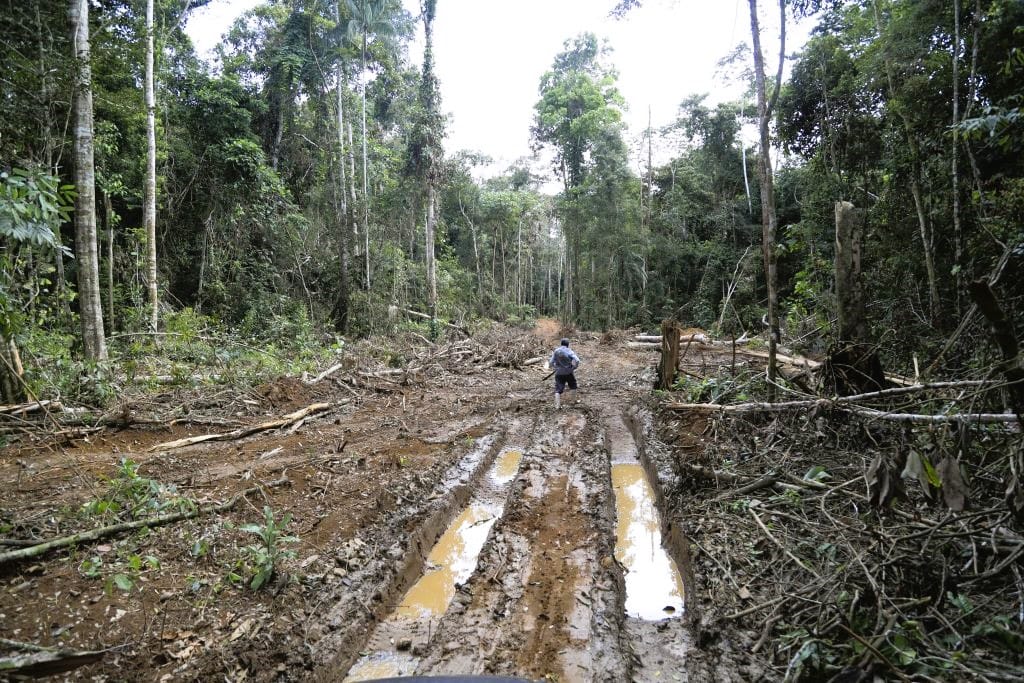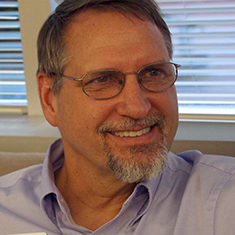Illicit economies and the organised criminal groups they support undermine national security and stability, reduce state revenues, and impede economic growth and foreign direct investment. At the same time, these illicit economies provide funds—through, for example, the laundered proceeds of drug and people trafficking—for the transnational gangs that make the streets of the United Kingdom, the United States, and other countries unsafe. Investment in tackling illicit finance is thus an important mechanism to protect donor countries from threats.
Political economy analysis (PEA) has an important role to play in such donor programming. PEA and “thinking and working politically” (TWP) is a methodology that assesses the distribution of power and resources between social actors, as well as their incentives to support or block reform. In this article, we share three lessons learned from the Tackling Illicit Financial Flows (TIFF) project—a U.K.-funded initiative to take on illicit finance and serious and organised crime in Central and South America—that demonstrate the importance of thinking and working politically for sustainable impact.

1. Focus on Power Dynamics
Fighting serious and organised crime requires understanding power and resources. To dismantle these criminal structures, we need to answer questions such as: How is power and territory distributed between groups? Who has what interest in the status quo? How do corrupt relationships between state officials and criminals derail efforts to implement reform and prosecute crime? Which markets are particularly vulnerable to money laundering? These are all political economy questions.
In all its work, therefore, TIFF undertakes a PEA that includes system and actor mapping to understand the key actors and their relationships, their interests and incentives, and the institutional levers that might have bearing on them. The project also supports key counterparts to do the same. Prosecutors sitting in Bogota, for example, were struggling to understand the criminal dynamics and market vulnerability in regions of Colombia particularly susceptible to illicit financial flows. TIFF provided training in the specifics of the methodology and then, working through a hands-on analysis, enabled these prosecutors to address their immediate problem while providing a framework for future initiatives across the region.
Among the power dynamics investigators need to understand are those specific to women and marginal groups. A prominent example in Colombia involved security forces exerting extreme pressure on women and Venezuelan migrants to become informants, thereby alienating them by putting them at risk without offering any state protection. TIFF’s training for attorneys general helped them understand how a better grasp of gender dynamics—recognizing women as both victims and perpetrators, for example—will afford investigators a more complete picture of how criminal gangs operate and lead to better outcomes.
2. Avoid Technical Solutions to Political Problems
In tackling illicit financial flows, it’s important to understand what category of problem you are facing, including the underlying bottlenecks that cause problems to persist. For example, one of TIFF’s priorities is to advance collaboration between Financial Intelligence Units (FIUs) in the region. FIUs are the units responsible for collecting intelligence on illicit finance and organised crime, to be passed to their Attorney Generals Offices for prosecution. Historically, collaboration across national borders has been weak, which works to the benefit of transnational crime syndicates and cross-border activities such as drug trafficking and people smuggling.
Some donor initiatives have seen the lack of collaboration between national FIUs as a purely technical problem, addressable through technology solutions or capacity building. Yet FIUs already have the technological capacity to share information using the Egmont Platform. But they often weren’t using that technology. Why? Largely because they didn’t trust each other with highly sensitive information. Steeped in the principles of thinking and working politically, TIFF recognised this shortcoming as a coordination problem and facilitated exchange visits between FIUs to build trust. As a result, FIUs across four countries have now signed information-sharing protocols and will this year collaborate on their first joint intelligence product.
Coordination problems are one of several recurring political challenges that PEA specialists are trained to detect and address. For example:
- Coordination problems occur when individuals or groups are unable to realise common interests due to social or geographic distance, different cognitive frames or definitions of the problem, or credibility and trust issues.
- Information asymmetry problems occur when agents in a transaction have different levels of understanding. For example, law enforcement agencies might be disadvantaged because they know less than the criminal groups they are pursuing about weapons, territory, and strategies.
- Collective action problems occur when the pursuit of individual self-interest leads to undesirable outcomes for the wider group or society. This may be the case if, for example, states agree to tackle organised crime but one “free rider” state avoids its responsibilities rather than upset the domestic political settlement, leading potentially to backsliding from the other parties.
3. Build in Flexibility
Because illicit finance programming is inherently political, it is subject to political flux. Our counterparts are often state institutions that, while independent, nevertheless tend to undergo churn when there is a change in government. TIFF works with attorneys general and FIUs across Colombia, Ecuador, Panama, and Peru. In the three years since the project’s start, we have seen seven changes in FIU directors and three changes in attorney general, in addition to regular staff turnover at lower levels.
These transitions can involve dramatic shifts in institutional agendas and support for the project. TIFF has addressed this perennial challenge first by investing in trust-building, which means having staff who can make and maintain good relationships with important counterparts at all levels. Second, we do in-depth scenario planning whenever a change in leadership is likely. Third, we have adapted activities to align with the priorities of new leadership. Last, because TIFF operates across countries, we have been able to scale up or down and shift focus from one country to another when the context requires it.
In addition to political rotation, projects designed to counter illicit finance are likely to be operating in an environment where there are other sources of instability, such as corruption scandals or security challenges. TIFF was active during the security crisis in Ecuador in December 2023, for example. In such circumstances, TIFF benefits from working under the Integrated Security Fund’s Countering Illicit Economies Programme (CIEP), a particularly flexible mechanism that has allowed TIFF to adapt to the demands of its current context rather than a logframe created years ago. CIEP’s flexible staffing structure, drawing on locally informed HMG advisors from across departments, is another strength.
In summary: to disrupt international criminal groups we must cut off the resources that allow them to thrive. To do that we must make sure that projects understand the power dynamics in which these groups are working, implement the right kind of solution to the problem posed, and adapt in a timely way to the context at hand.





